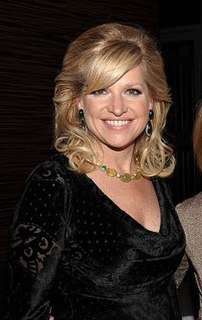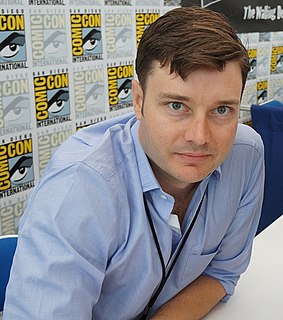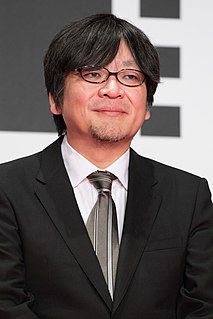A Quote by Laura van den Berg
Children exist in the worlds that adults create for them, both locally and globally, and their options are, by virtue of age, often painfully limited.
Related Quotes
Although we like to think of young children's lives as free of troubles, they are in fact filled with disappointment and frustration. Children wish for so much, but can arrange so little of their own lives, which are so often dominated by adults without sympathy for the children's priorities. That is why children have a much greater need for daydreams than adults do. And because their lives have been relatively limited they have a greater need for material from which to form daydreams.
Although adults have a role to play in teaching social skills to children, it is often best that they play it unobtrusively. In particular, adults must guard against embarrassing unskilled children by correcting them too publicly and against labeling children as shy in ways that may lead the children to see themselves in just that way.
If you do a little bit of looking at books with your children and inspire them to be curious about the pictures and ... what the word means, but don't get into very structured systematic teaching at too early an age, and you also interact emotionally and have fun with pretend play ... then you have the best of both worlds.
Young children learn in a different manner from that of older children and adults, yet we can teach them many things if we adapt our materials and mode of instruction to their level of ability. But we miseducate young children when we assume that their learning abilities are comparable to those of older children and that they can be taught with materials and with the same instructional procedures appropriate to school-age children.
I really am grateful to have so many people watch, and to be given the chance to create my next projects. I want to once again tackle the boundless possibilities of animated movies, and I hope to be able to create something that will leave both children and adults thinking that this world is a sparkling, brightly shining place.
Young people are more hopeful at a certain age than adults, but I suspect that's glandular. As for children, I keep as far from them as possible. I don't like the sight of them. The scale is all wrongs. The heads tend to be too big for the bodies, and the hands and feet are a disaster. They keep falling into things. The nakedness of their bad character! We adults have learned how to disguise our terrible character, but children, well, they are like grotesque drawings of us. They should be neither seen nor heard, and no one must make another one.
We often marvel at how introverted, geeky, kid 'blossom' into secure and happy adults. We liken it to a metamorphosis. However, maybe it's not the children who change but their environments. As adults they get to select the careers, spouses, and social circles that suit them. They don't have to live in whatever culture they'er plunked into.






































